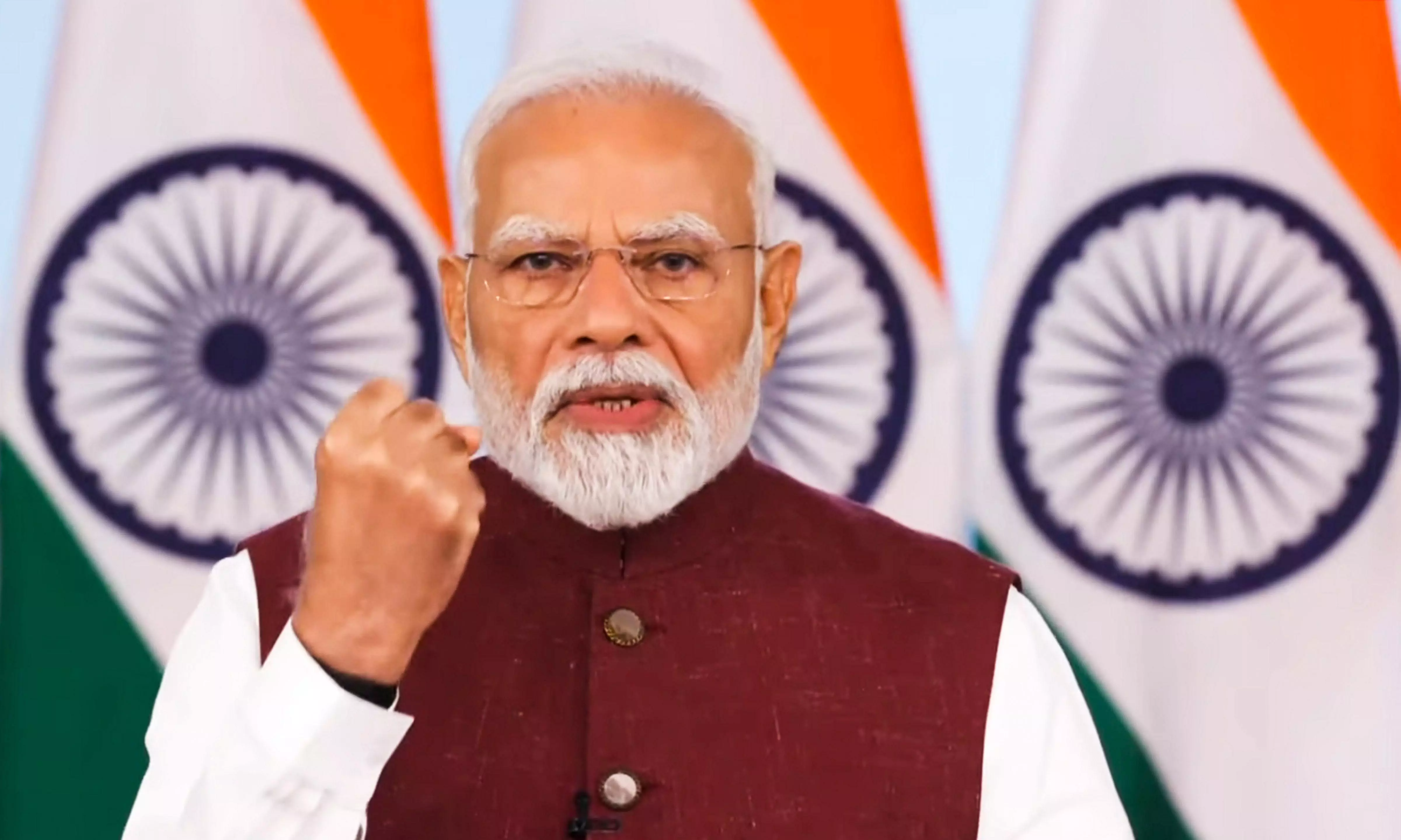AA Edit | Ensure Robust Truce, Protect Citizens Living in Border Area
After a firm military response to cross-border aggression, India turns its focus to economic growth, civilian welfare, and regional stability.

A robust ceasefire is essential for India to begin focusing on normal life to stabilise its economic growth and look after the welfare of all its people, including those who live in vulnerable border areas. Given Pakistan’s perfidious record, such stability is not to be taken for granted. India cannot afford to let its guard down at a time when the neighbour’s armed forces may be itching to retaliate for their airspace having been decisively invaded and a vital part of air force infrastructure damaged.
The point that India has made through its military operations aimed first at terrorist factories and then at Pakistan’s air bases as hostilities escalated is that the nation’s policy against terrorism has hardened into a forceful response that is not limited by borders. The armed forces have also clarified that during the operations, when India’s naval assets like its aircraft carriers were deployed as deterrence, Pakistan’s nuclear assets were not targeted and that there was never a fear of unimaginable escalation.
To move on from the stated success of Operation Sindoor becomes imperative as a section of Indians has been overtly affected by the exchanges that took place in the drone-missiles-border guns action for four days. The people, especially those residing in Punjab’s border districts and the even worse affected in Jammu & Kashmir as in the Rajouri-Poonch and Jammu sectors, must be resettled soon. There should be a measure of assurance that their lives will not be disrupted each time there is a flare-up with a neighbour who may never forswear terror as an instrument of state policy.
India should not be distracted by the arguments over who brokered the ceasefire talks — it was crystal clear that the Pakistan DGMO initiated the hotline call to his Indian counterpart. No harm can come from acknowledging the nations who helped broker peace with their well-meaning advice on peace.
No mediator needs to be allowed to imagine that the Kashmir issue, which may be a basic bone of contention touted by a Pakistan obsessed with the history of Partition, will come on to the table for negotiation. If at all, as stated informally already, the status of Pakistan-Occupied-Kashmir will be a handy counterpoint that India can employ in any dialogue and diplomacy initiatives from here.
Going forward, India’s economic growth is far more vital and that can be enhanced by the country’s strategic autonomy that has given it an independent status in global geopolitics while it keeps its place in various multilateral fora that include powers from both sides of the political divide. The country’s biggest trading partners are also the world’s leading economies and India must seek to leverage this in a world that may do well to remember India’s advice that this is not the era of war, and that people stand a chance of bettering their lives in times of durable peace.
The Prime Minister’s first words on the conflict that came only after the dust settled may not have helped reveal how the ceasefire came about. Apart from operational details on weapons and SOPs of modern warfare, India has, however, nothing to hide in an issue in which it is principally the victim of Pakistan-sponsored terrorism. India has already spelt out what its response to events of terror will be. But now that a truce is here, it is time to turn to what can be done for people's lives and livelihoods.
